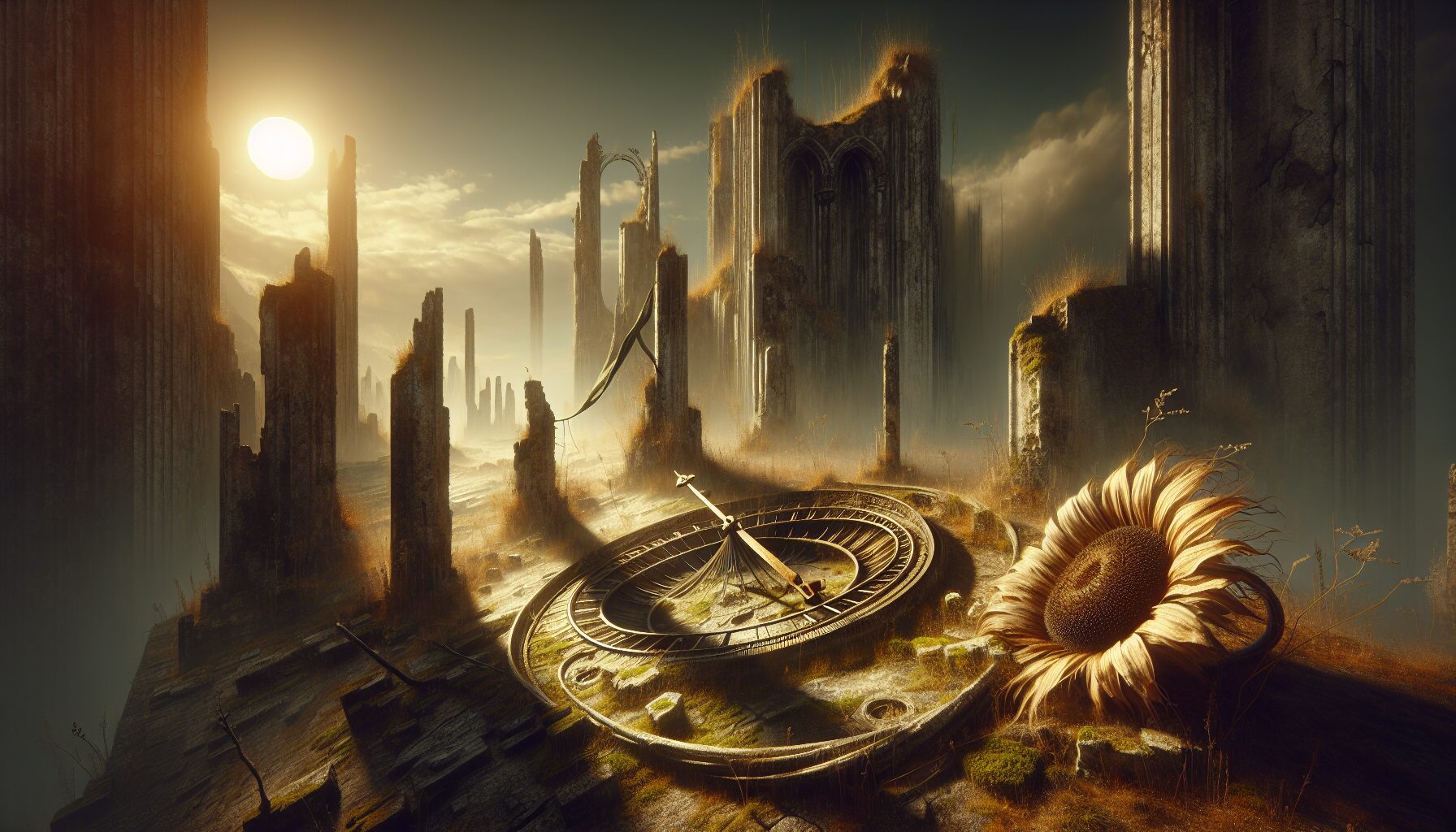Shadows of Eternity: Meditations on Time and Mortality
The nature of time and the inevitability of mortality have long provoked contemplation and inquiry. As humans, we are acutely aware of the transient nature of our existence, a realization that both inspires existential dread and fills every moment with unparalleled significance.
The Flow of Time
Time is commonly understood as a linear progression from the past through the present and into the future. Augustine of Hippo grappled with the concept of time in his Confessions, where he pondered:
“What then is time? If no one asks me, I know what it is. If I wish to explain it to him who asks, I do not know.”
This aphorism reflects the elusive nature of time—a dimension that is both intimately familiar and mystifyingly abstract. We structure our lives around calendrical time, yet we each experience it in deeply personal ways, shaped by memory and anticipation.
Mortality: The Catalyst for Meaning
Mortality gives weight to time. The awareness of our finite existence encourages us to seek meaning and purpose. As existentialist philosopher Jean-Paul Sartre posited, we are “condemned to be free,” compelled to make choices and create meaning in a universe indifferent to our existence.
- Existentialism: Sartre’s philosophy underscores the idea that the absence of preordained purpose compels us to forge our own paths.
- Legacy: The drive to leave something behind—be it art, ideas, or progeny—speaks to a desire for a form of immortality through remembrance.
Transcending the Temporal
While temporal existence is inevitable, many philosophical and spiritual traditions provide pathways to transcend it. In Stoicism, for instance, Marcus Aurelius reminds us:
“Do not act as if you were going to live ten thousand years. Death hangs over you. While you live, while it is in your power, be good.”
This Stoic meditation encourages living virtuously in the present moment, recognizing the limits of time without succumbing to despair.
Reflection and Acceptance
Reflecting on time and mortality, we are reminded of our place within a continuum that stretches beyond our perception. Embracing both concepts encourages humility and enriches our experience of the present. As Rainer Maria Rilke beautifully wrote, “The only journey is the one within.”
Ultimately, understanding our roles as fleeting vessels in the shadows of eternity allows us to embrace the ephemeral nature of life with grace and intention.

Comments